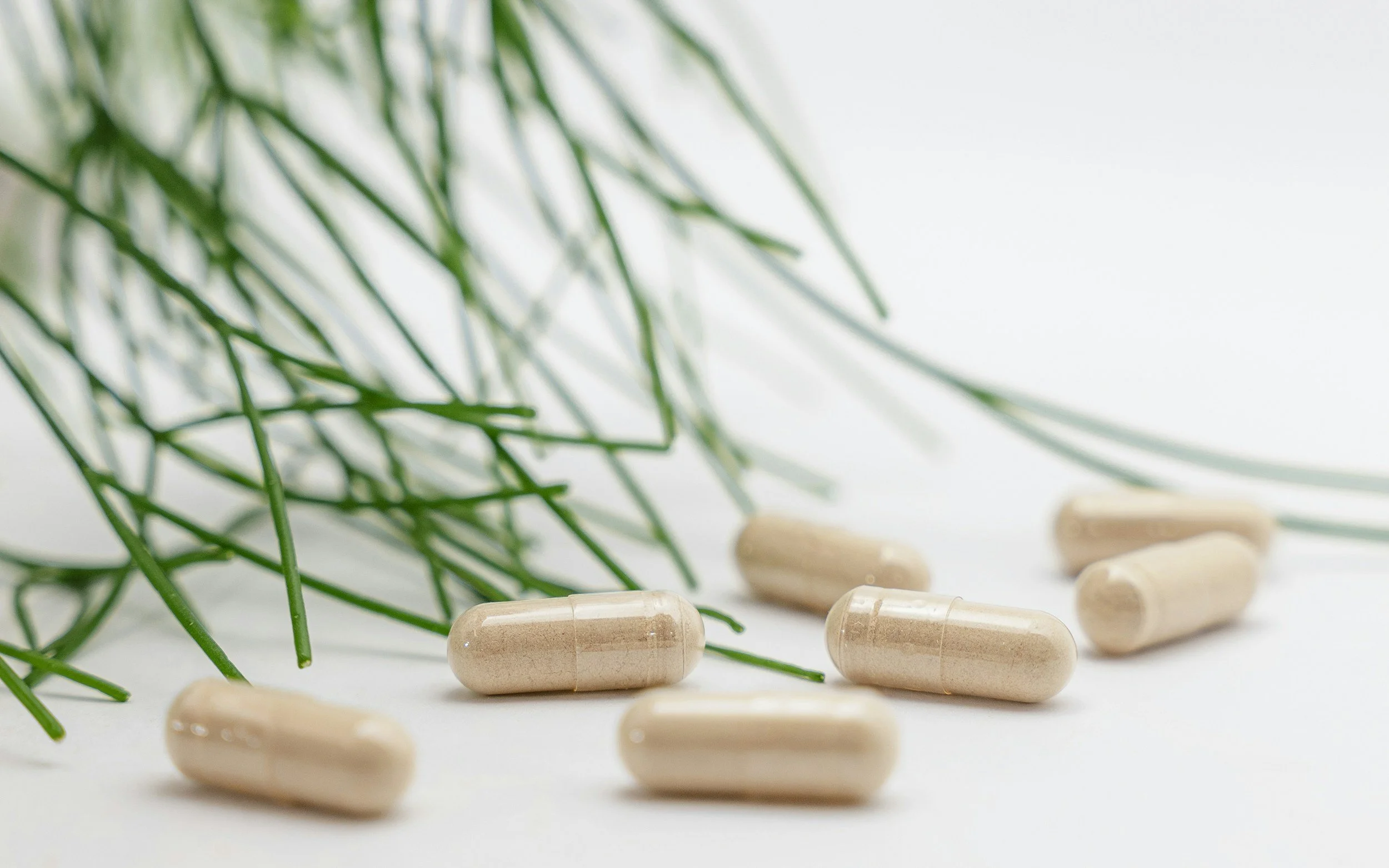Best Supplements for Perimenopause
If you’re struggling with hot flashes, mood swings, and sleepless nights during perimenopause, you’re not alone. Many women wonder what supplements really help with perimenopause symptoms. The right vitamins, minerals, and herbs can support your body through this transition and help you feel more balanced.
This guide covers the best supplements for perimenopause, how they work, and how to choose them safely.
Check out my Amazon storefront for my favorite brands.
What Is Perimenopause and Why Consider Supplements?
Perimenopause is the transitional period before menopause when estrogen and progesterone levels begin to fluctuate. Common symptoms include:
Hot flashes and night sweats
Mood swings, anxiety, or depression
Fatigue and brain fog
Weight gain and bloating
Bone loss
A nutrient-dense diet, exercise, and stress management are essential during perimenopause. However, supplements can help fill gaps and target specific symptoms. Research from NIH supports the role of nutritional interventions in easing these changes.
Top Vitamins and Minerals for Perimenopause Relief
Vitamin D for Bone Health
Declining estrogen can weaken bones, and vitamin D helps maintain bone density.
Aim for 600–800 IU daily (or more if deficient)
Found in salmon, fortified milk, and eggs
Consider a supplement if sun exposure is limited
Recommended Brands:
Sports Research Vitamin D3 + K2
Magnesium for Mood and Sleep
Magnesium calms the nervous system, which can help with sleep and anxiety.
Commonly deficient in women
Supports muscle relaxation and sleep quality
Best forms: magnesium glycinate or citrate
Recommended Brands:
B Vitamins for Energy and Mood
B6 and B12 help regulate mood and support energy levels.
B6 may reduce irritability
B12 supports nerve health and focus
Vegans and vegetarians often need B12 supplementation
Calcium for Strong Bones
Calcium is critical for preventing bone loss.
Women over 40 need about 1,000–1,200 mg daily
Found in yogurt, greens, and fortified milk
Food sources are preferred, but supplements can help
For professional-grade products, visit my Thorne supplements page for high-quality options.
Best Herbal and Natural Supplements for Perimenopause
Black Cohosh
Black cohosh has been shown to reduce hot flashes and night sweats in clinical studies.
Best for short-term use (up to 6 months)
Look for standardized extracts
Phytoestrogens
Plant estrogens, like soy isoflavones, can help balance hormones.
Found in soy, flaxseeds, and lentils
May reduce hot flashes and support bone health
Adaptogens
Adaptogens such as ashwagandha and rhodiola can help your body cope with stress and fatigue.
Support adrenal health
May improve mood and energy
Omega-3 Fatty Acids
Omega-3s benefit heart, brain, and mood health during perimenopause.
Found in salmon, walnuts, and flaxseed
Consider a supplement if your diet is low in fish
Recommended Brands:
How to Choose Safe and Effective Perimenopause Supplements
Not all supplements are created equal. Here’s how to choose wisely:
Look for third-party testing (NSF, USP)
Avoid mega-doses unless directed by a healthcare provider
Check for medication interactions
Work with a registered dietitian or doctor
For personalized help, explore my nutrition services or schedule a consultation to create a plan that works for you.
Frequently Asked Questions About Perimenopause Supplements
What supplements help with perimenopause?
Vitamins D, B6, B12, calcium, magnesium, omega-3s, black cohosh, and phytoestrogens are the most commonly recommended.
Should I take supplements for perimenopause symptoms?
Supplements can help fill gaps and ease symptoms but should complement a healthy diet and lifestyle, not replace them.
Are natural remedies effective for perimenopause?
Herbs like black cohosh and phytoestrogens have been shown to improve symptoms in studies, though results vary between individuals (PubMed).
Which supplements are safe during perimenopause?
Supplements from reputable brands, used within recommended dosages, are generally safe. Speak to a healthcare provider if you’re unsure.
How Diet and Lifestyle Fit In
Supplements work best alongside a solid lifestyle foundation:
Eat a variety of fruits, vegetables, whole grains, and lean proteins
Include foods high in calcium and magnesium
Do weight-bearing exercise to protect bones
Manage stress through yoga, meditation, or walking
Improve sleep hygiene
Trusted External Resources
Here are some evidence-based resources for more information:
Conclusion: Take Charge of Your Health
Perimenopause can be challenging, but with the right support, you can feel better and more balanced. Supplements are tools to help ease symptoms, but they work best as part of a healthy diet and lifestyle.
If you’re ready to create a personalized plan, schedule an appointment today and take the first step toward feeling your best.

